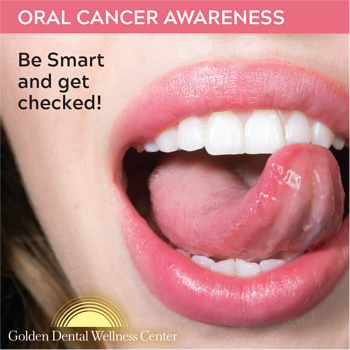Oral Cancer Screening

Oral cancer screening is a routine part of a dental examination. Regular check-ups, utalizing including an examination of the entire mouth, are essential in the early detection of cancerous and pre-cancerous conditions. You may have a very small, but dangerous, oral spot or sore and not be aware of it.
The doctor will carefully examine the inside of your mouth and tongue and in some patients may notice a flat, painless, white or red spot or a small sore. Although most of these are harmless, some are not. Harmful oral spots or sores often look identical to those that are harmless, but testing can tell them apart. If you have a sore with a likely cause, the doctor may treat it and ask you to return for re-examination.
To ensure that a spot or sore is not dangerous, the doctor may choose to perform a simple test, such as a brush test. A brush test collects cells from a suspicious lesion in the mouth. The cells are sent to a laboratory for analysis. If precancerous cells are found, the lesion can be surgically removed if necessary during a separate procedure. It's important to know that all atypical and positive results from a brush test, or other screening tests, must be confirmed by biopsy.
VELscope Oral Cancer Screening System
More than 480,000 new cases of oral and throat cancers are diagnosed each year, and over 35,000 of those cases are right here in the United States. Oral cancer kills one person every hour in the U.S., and without proper detection methods, a person may have oral cancer and not even know it. In almost all cases of oral cancer, early detection plays a major role in a patient's chances of survival. By diagnosing and treating oral cancer early, a patient's five year survival rate is 80-90% greater.














 Website Powered by Sesame 24-7™
Website Powered by Sesame 24-7™